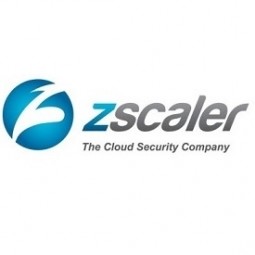Zscaler
Case Studies
Global Brewer Carlsberg Secures Digital Transformation with Zscaler
Overview
 |
Global Brewer Carlsberg Secures Digital Transformation with ZscalerZscaler |
Application Infrastructure & Middleware - Middleware, SDKs & Libraries Networks & Connectivity - Global Navigation Satellite System (GNSS) | |
Buildings National Security & Defense | |
Traffic Monitoring Transportation Simulation | |
Cloud Planning, Design & Implementation Services System Integration | |
Operational Impact
| The operational results of Carlsberg's digital transformation have been significant. The company has successfully migrated to the cloud, transforming its security to one that’s based on protecting users, not networks. The deployment of Zscaler has simplified Office 365 deployment, eliminating the need for IT to manually maintain network access control lists (ACLs), along with IP and new DNS addresses. Zscaler has also improved the user experience by optimizing Office 365 and internet traffic for better performance and faster connectivity. Furthermore, Zscaler has provided Carlsberg with full visibility at the user and application levels, helping the IT team identify threats and monitor traffic patterns and trends. The company has also managed to keep the network up and running throughout the migration process. | |
Quantitative Benefit
| Reduced the number of applications from 873 to 350 | |
| Reduced on-premises servers from 1,300 to 700 | |
| Migrated 600 servers to the cloud | |


